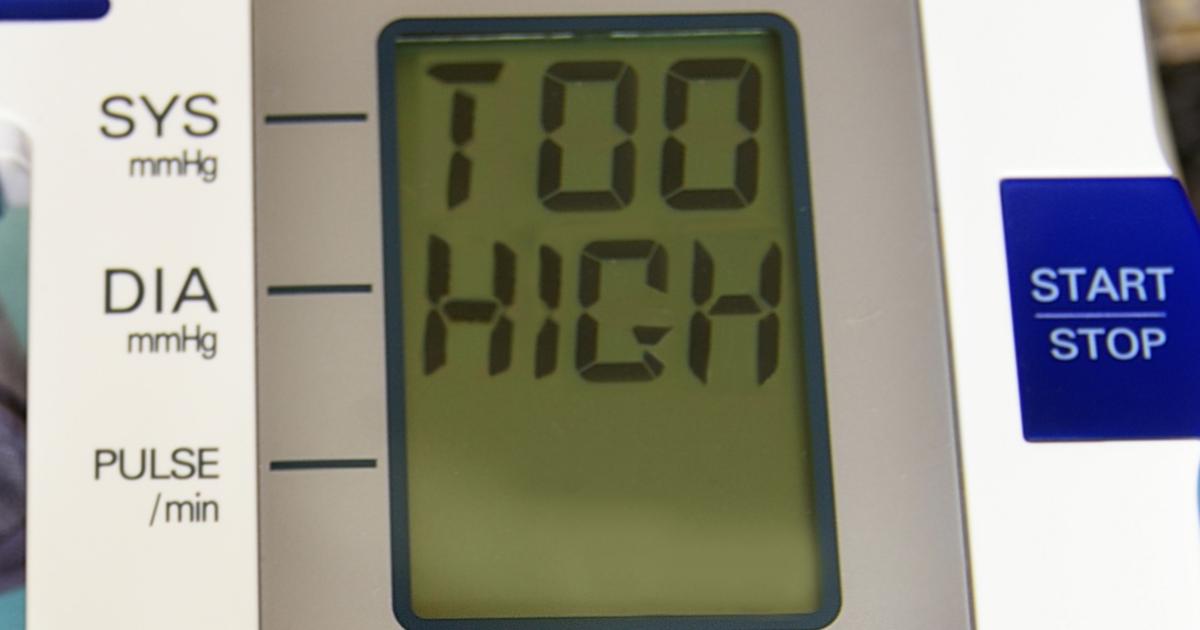Side Effects Of Prednisone
Prednisone is a widely used medication that belongs to a family of drugs referred to as corticosteroids, which are very similar to the naturally-produced hormone called cortisol. Cortisol is produced by the adrenal glands and alters the way the immune system is functioning, helps the brain use glucose more efficiently, suppresses the digestive system, and slows growth processes. However, corticosteroids are used to decrease the action of the immune system when it is causing more harm than good. Numerous diseases and conditions can produce abnormalities of the immune system that may need treatment with corticosteroids such as prednisone. Prednisone helps stop the body from making the chemicals responsible for the inflammatory responses. Prednisone is most often used to treat rheumatoid arthritis, lupus, myositis, vasculitis, skin conditions, breathing disorders, ulcerative colitis, and allergic disorders.
Of course, prednisone comes with certain side effects. Get to know them now.
Fluid And Sodium Retention

An individual who takes prednisone may experience sodium and fluid retention. As mentioned, corticosteroids like prednisone are very similar to cortisone, which influences the way an individual's body manages its delicate balance between sodium, water, and other electrolytes. When the electrolyte and water balance is thrown off, an individual's body may be stimulated to retain more sodium than it is meant to. Excess sodium in a healthy individual's body is eliminated via the urine, stool, and sweat. Prednisone, like cortisone, can interfere with the normal elimination of sodium from the body. When sodium remains in an individual's body, fluid follows the sodium and also remains in the body. Sodium and fluid retention lead to weight gain, the buildup of excessive fluid in the cells outside of the bloodstream, and high blood pressure.
Keep reading to learn more about the various side effects linked to taking prednisone now.
High Blood Pressure

High blood pressure is a prevalent side effect of taking prednisone. Prednisone is one of many medications that cause an individual's body to be unable to eliminate sodium the way it should through sweat, stool, and urine. This malfunction causes the retention of more fluid than normal in the body because fluid follows sodium. Excess fluid in the body adds volume to the existing volume of the individual's blood in circulation. The individual's blood volume becomes higher than normal with excess fluid, which means more blood is being forced through their blood vessels as their heart is pumping it around their body. This mechanism is comparable to how water runs through a garden hose. The less water being forced through the garden hose, the lower the pressure will be inside of and on the garden hose walls. When a greater quantity of water is forced through the same garden hose, the pressure on the garden hose walls and inside of the garden hose increases. A greater volume of blood increases the amount of force being placed on the blood vessel walls as the heart is pumping it throughout the body. This increased force on the vessels is measured as an individual's blood pressure.
Get more information on the side effects of prednisone now.
